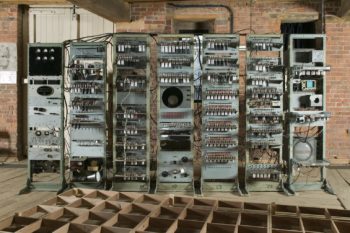What is the Manchester Prize?
The Manchester Prize is a multi-million pound, multi-year challenge prize, launched in 2023 and funded by the Department of Science, Innovation and Technology to reward UK-led breakthroughs in artificial intelligence for public good.
Challenge prizes support open innovation creating a level playing field for established and previously untested innovators alike, enabling the most promising ideas to progress, supported with funding and expert capacity-building support.
Artificial Intelligence holds incredible potential to transform all areas of our lives and unlock new avenues to tackle shared global challenges. AI has the potential to grow the economy, improve public services, tackle climate change, and lies at the heart of this mission-driven government. The Department for Science Innovation and Technology is determined to speed up its adoption across the economy to transform public services and kickstart growth.
The Manchester Prize is focused on backing pioneering new AI solutions to some of the most important and difficult challenges in society. Every year for a decade, it is rewarding innovations that will help to transform the lives of people across the UK and continue to secure the UK’s place as a global leader in cutting-edge innovation.
The first Manchester Prize launched in December 2023 rewarded UK-led innovations that overcome challenges in the fields of energy, environment and infrastructure.
The second Manchester Prize, launched in November 2024, will reward UK-led organisations with AI solutions that enable the UK to accelerate progress towards a net zero energy system.




